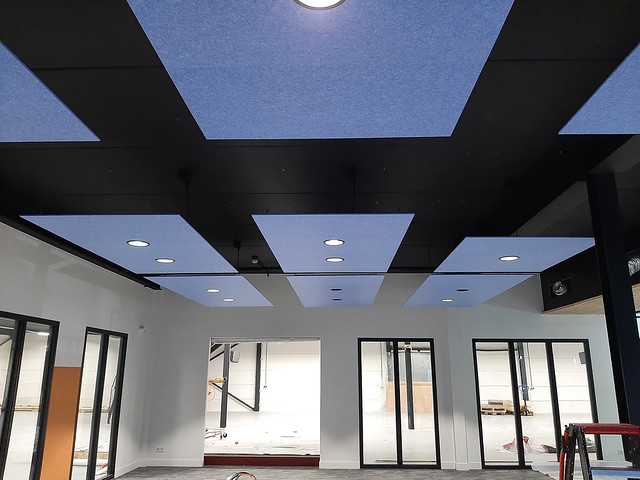How to Renovate Residential Homes
Renovating a residential home is an excellent way to increase its value and make it more appealing to potential buyers. However, homeowners must be strategic about which projects will pay off. Some upgrades do not add enough value to justify the initial cost.
For instance, new windows, a heat pump and additional insulation can decrease energy costs. These are good investments that will eventually pay off when it comes time to sell.
Cost
The cost of renovating a residential home can vary widely depending on the scope of work. It’s important to plan carefully and set a realistic budget before beginning the project. It’s also a good idea to shop around for quotes from different contractors, as prices can vary significantly.
Renovating your home can increase its value and make renovate residential it more attractive to prospective buyers. However, it’s important to remember that bigger isn’t always better, and a high-end renovation may not yield the return you’re expecting.
Some upgrades, such as replacing your windows or upgrading your appliances, will have a positive impact on your energy bills and may even pay for themselves in the long run. Other projects, such as a new wood deck or kitchen upgrade, can improve a home’s aesthetics and appeal.
Adding square footage to your home will increase its value and provide more living space for your family. However, it’s essential to consider the costs of materials and labor before starting the project. For example, removing a non-load-bearing wall could cost as little as $300, while a full-home renovation might cost up to $10,000. Some homeowners use a home equity loan to finance their renovations, allowing them to make interest-only payments until they’ve recouped the investment. Others may use a credit card to cover the costs of a remodel, but this can come with high interest rates.
Design
Before starting a renovation, it is important to have a design in mind. This will help to ensure that the end result meets your needs. Consider how any additions will integrate with the original building, such as a conversion of an attic into another living space. Make sure to research local building regulations and permit requirements – failure to do so can affect the resale value of the property. It is also a good idea to discuss the design with your contractor, as their input can be invaluable.
Permits
Whether you’re planning to remodel your kitchen or bathroom, there are many important factors to consider. You’ll need to consider everything from the size of your project to the cost and time frame. It’s always a good idea to speak with a professional before embarking on any major remodeling projects. This will ensure that the work meets all safety and building codes.
It’s also important to know the rules regarding permits for home renovations in your municipality. While state laws set minimum standards, the specific details of inspections and issuance of permits are usually left up to local governments. If you’re unsure about whether or not you need a permit, it’s a good idea to contact your city’s inspectors to ask for clarification.
There are different types of permits for renovations, depending on what you’re planning to do. For example, a building permit is required for any major alterations that change the use, egress or occupancy of your property. You’ll also need a gas line permit if you’re changing your existing gas lines. A curb cut permit is required for any changes to driveways and sidewalks.
To avoid delays in the process, it’s a good idea to work with a permit expediter who can handle the paperwork and submit it on your behalf. This will save you time and money in the long run.
Contractors
Homeowners often hire renovation professionals to oversee their large-scale remodeling projects, home renovation design consultant or even smaller refinishing and repair jobs. Some may also hire architects and designers for technical and design services. In addition to overseeing the daily construction work, contractors will help their clients obtain permits and meet any other requirements set by local building boards or coop/condo boards. They will also coordinate with subcontractors, and oversee the entire project from start to finish.
When choosing a contractor, it’s important to ask questions to ensure that you’re working with someone who is qualified for the job. For example, homeowners should ask prospective contractors if they are licensed and insured. This is important, as unscrupulous contractors sometimes take advantage of homeowners and underbid their remodeling projects. Ideally, homeowners should avoid hiring contractors who are not insured and do not carry workers’ compensation.
It’s also a good idea to get quotes from several different contractors. Then, homeowners should compare the estimates and choose the best one. It’s important to be sure that you’re comparing apples to apples, including things like building materials and work methods.
In addition, homeowners should consider the duration of the project and the cost of labor and materials. They should also ask contractors for references and examples of their previous work. If a contractor is unable to provide you with references, they should be able to explain why.


